The evolution from 4G to 5G represents a significant leap in mobile network technology, offering various improvements that impact speed, connectivity, and overall user experience. Here’s a brief comparison between these two generations:
Speed and Latency
One of the most noticeable differences between 4G and 5G is the speed. While 4G networks offer download speeds of up to 100 Mbps, 5G has the potential to reach up to 10 Gbps, making it up to 100 times faster than 4G. This dramatic increase in speed means that tasks like downloading large files or streaming 4K videos can be done in mere seconds on a 5G network. Additionally, 5G significantly reduces latency, with response times dropping from around 50 milliseconds on 4G to just 1 millisecond on 5G, enhancing real-time applications like online gaming and video conferencing.
Network Capacity and Connectivity
4G networks, though reliable, can struggle with congestion, especially in densely populated areas. 5G, however, addresses this with its greater network capacity. It can connect a vast number of devices simultaneously without compromising performance, making it ideal for supporting the growing Internet of Things (IoT) ecosystem, where billions of devices are expected to be connected.
Coverage and Availability
4G has established itself with widespread global coverage, making it accessible in both urban and rural areas. In contrast, 5G is still in its rollout phase and is primarily available in urban centers and specific high-demand areas. The deployment of 5G requires new infrastructure, including the installation of small cells, which is more challenging and time-consuming compared to the broader reach of 4G.
Use Cases
4G was a game-changer for mobile browsing, video streaming, and app usage, enabling the rise of services like Uber, Netflix, and Spotify. 5G, however, is expected to revolutionize industries beyond just mobile communication. It opens up possibilities for advanced applications such as autonomous vehicles, remote surgery, smart cities, and immersive augmented reality experiences.
4G versus 5G in summary
While 4G continues to serve as a reliable and widespread network, 5G brings unprecedented speed, lower latency, and the capacity to connect an exponentially larger number of devices. As 5G technology matures and becomes more widely available, it will likely become the standard for mobile communication, paving the way for new innovations and transforming how we interact with technology on a daily basis. However, the complete transition from 4G to 5G will take time, as coverage expands and the necessary infrastructure is built out.



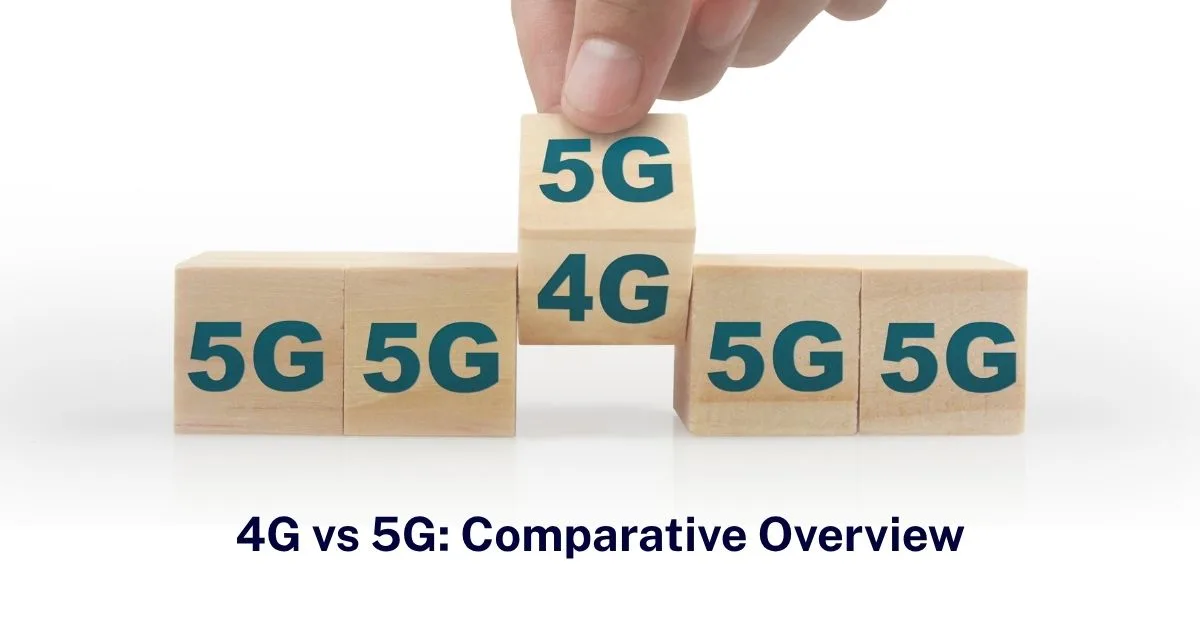
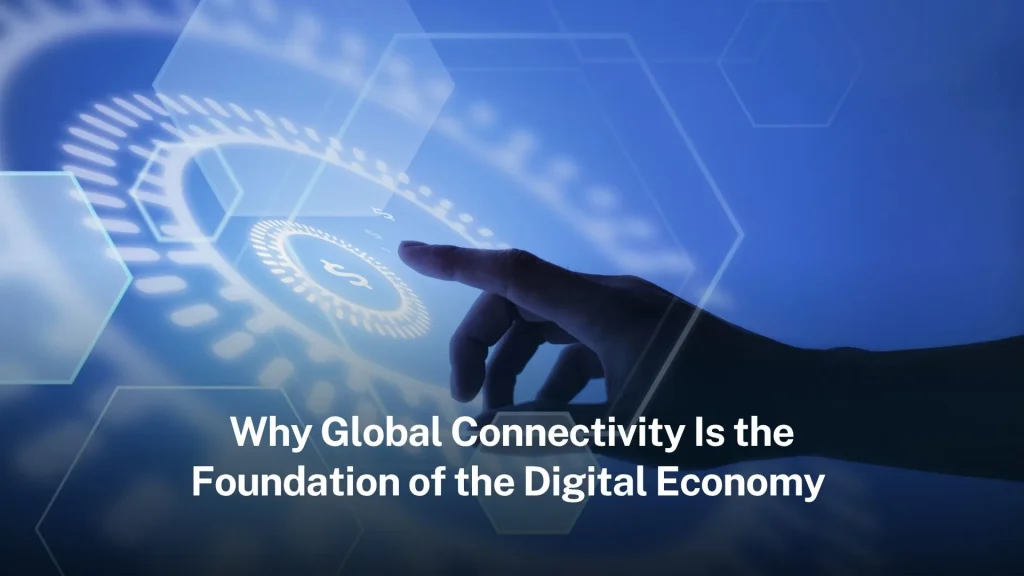


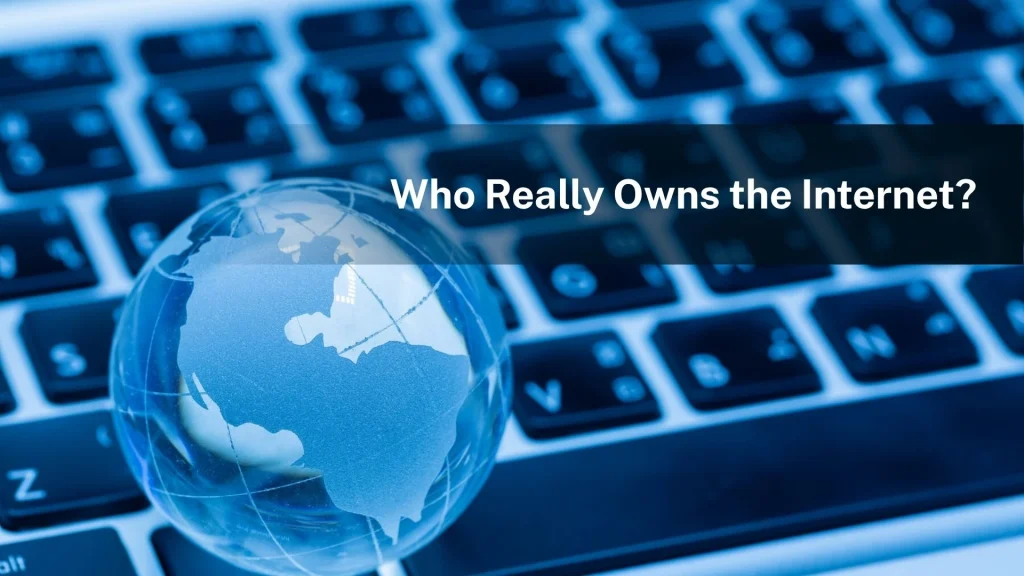
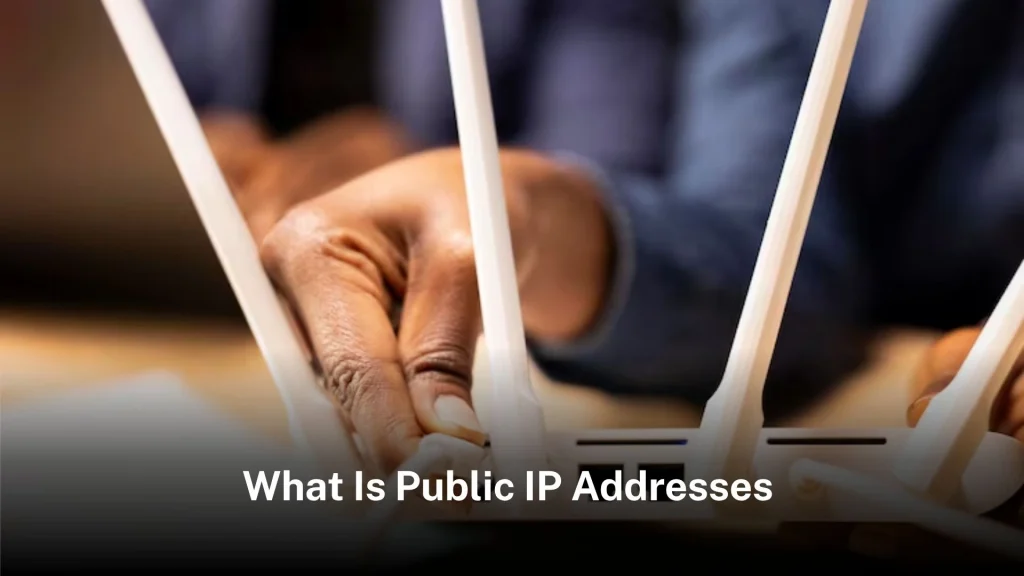
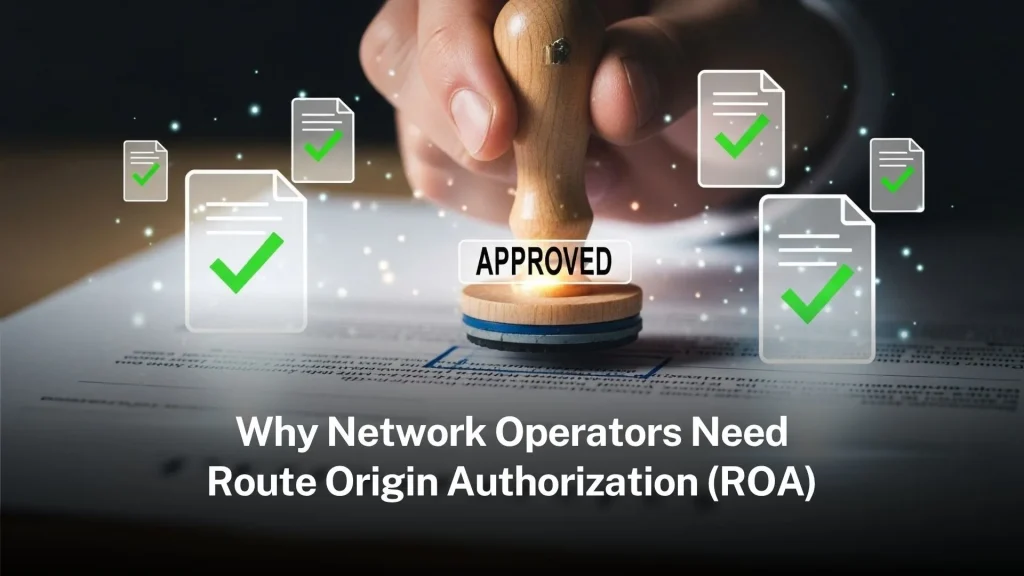
Leave a Reply